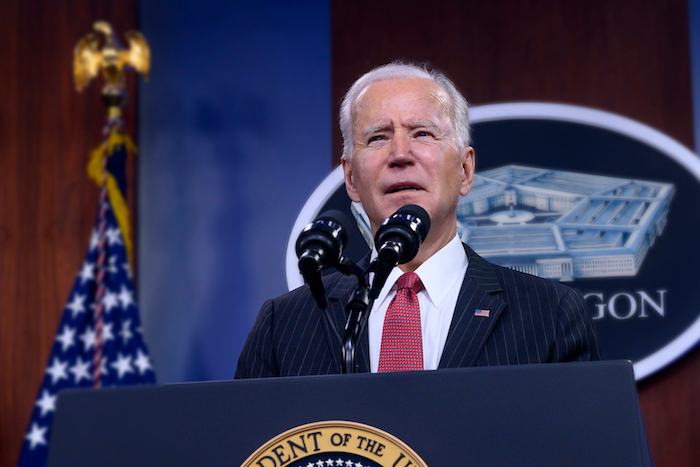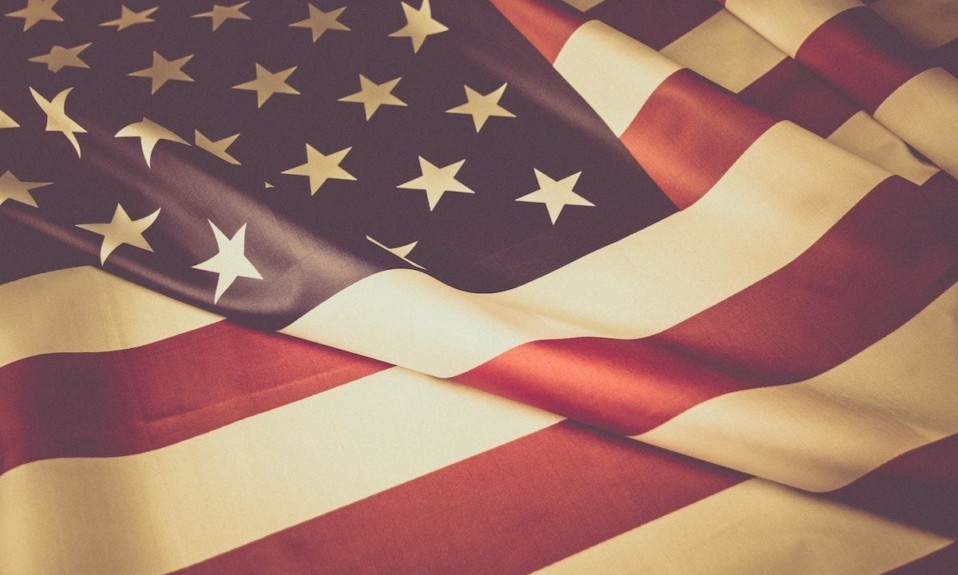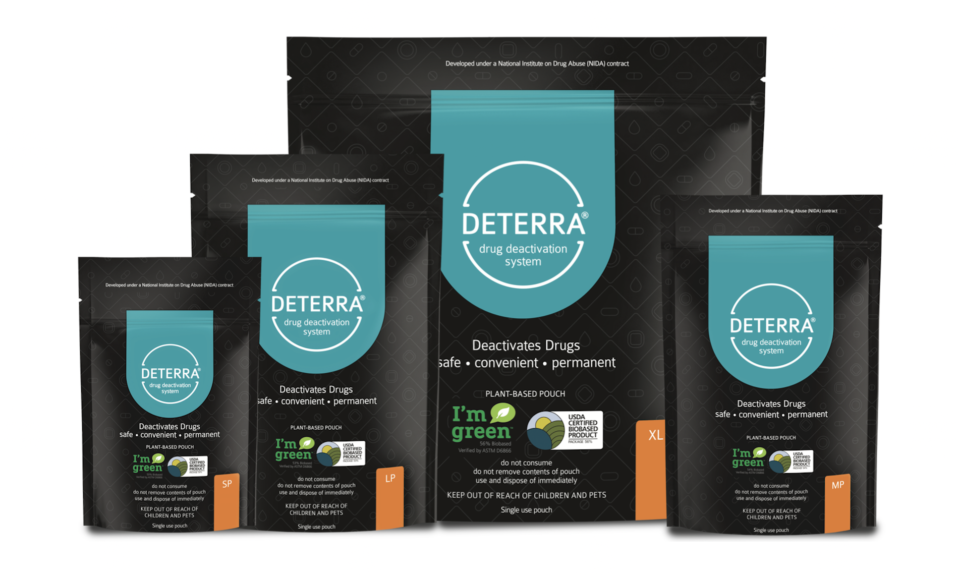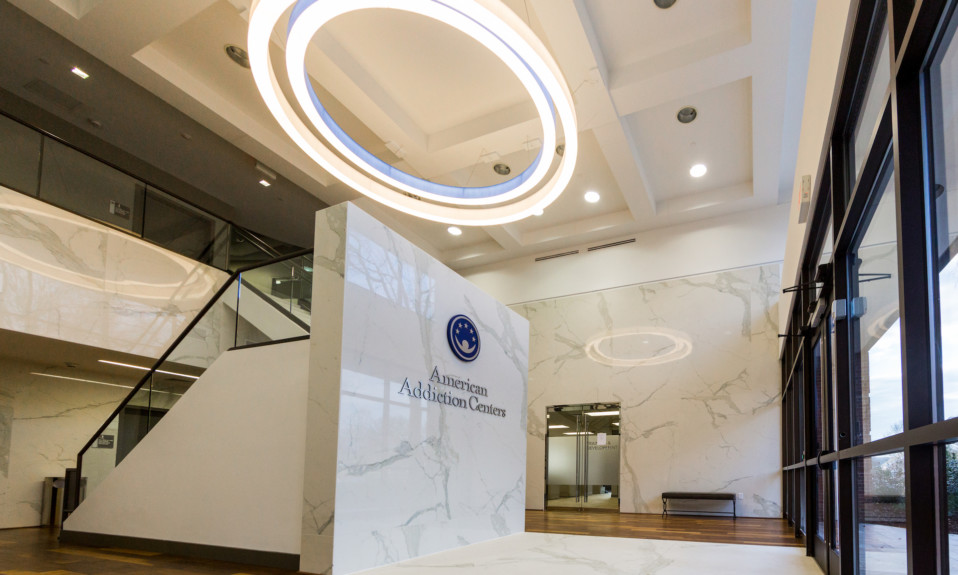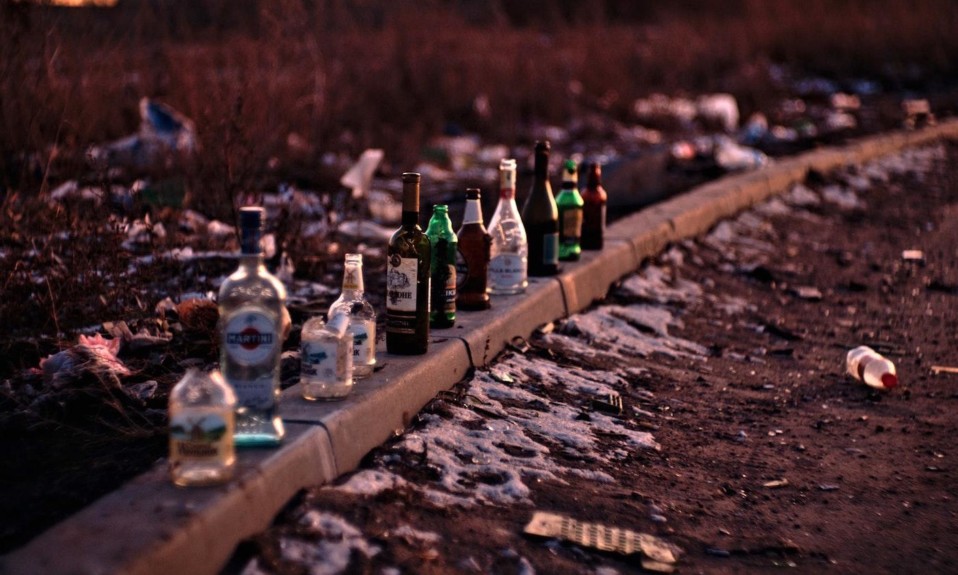The Minnesota-based software company is challenging “individuals and organizations to work together to create a network of service providers with a central hub”
By Jason Langendorf
A $1 million prize will be awarded by a Minnesota software company for the creation of the most innovative regional mental health and addiction network.
Infinite Campus Foundation, the charitable arm of Minnesota-based student information system developer Infinite Campus, announced last week that it would pledge the seven-figure prize for the idea that best streamlines access to mental health and addiction services.
Said Infinite Campus CEO and president Charlie Kratsch: “This statewide competition challenges individuals and organizations to work together to create a network of service providers with a central hub, giving those in need a one-stop shop to find the services best suited for them.”
“It’s difficult, if not impossible, to navigate the complexities of the current mental health system. The problem isn’t so much a lack of resources—it’s finding the right mix of resources and coordinating them.”
—Infinite Campus CEO and president Charlie Kratsch
The stated focus of the Infinite Campus Foundation is to “identify and support programs and services in the Twin Cities’ north metro communities that serve teens with mental health issues.” The foundation’s prize will be awarded to one or more eligible nonprofits that prove most capable in building a regional network of mental health and addiction service providers, creating or identifying a central access hub for the public and documenting their experiences to be shared with future networks.
The Story Behind the Infinite Campus Award
Kratsch, who founded Infinite Campus in 1993, has a personal stake in his company’s mission of improving access to mental health resources. A decade ago, his then-16-year-old son experienced a psychotic episode.
“It’s difficult, if not impossible, to navigate the complexities of the current mental health system,” said Kratsch. “The problem isn’t so much a lack of resources—it’s finding the right mix of resources and coordinating them.”
The 2019 National Health Interview Survey found that 19.2% of U.S. adults received mental health treatment in the previous 12 months. It also revealed that receipt of treatment was higher among non-Hispanic white adults compared to non-Hispanic Black and Hispanic adults, while the percentage of adults who had received counseling or therapy dwindled as the level of urbanization decreased.
In that same year, according to American Addiction Centers, 9.5 million American adults between the ages of 18 and 25 were diagnosed with at least one co-occurring disorder alongside a substance use disorder. Only 7.8% of those individuals received simultaneous treatment for a substance use disorder and mental health disorders.
Photo: Alexander Schimmeck



